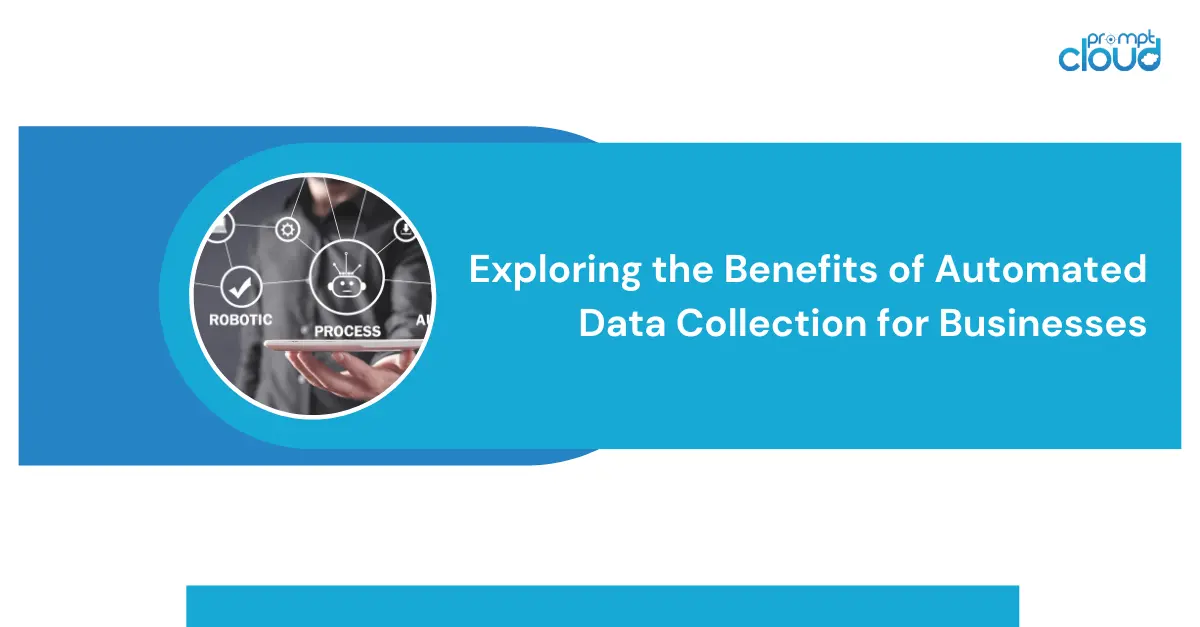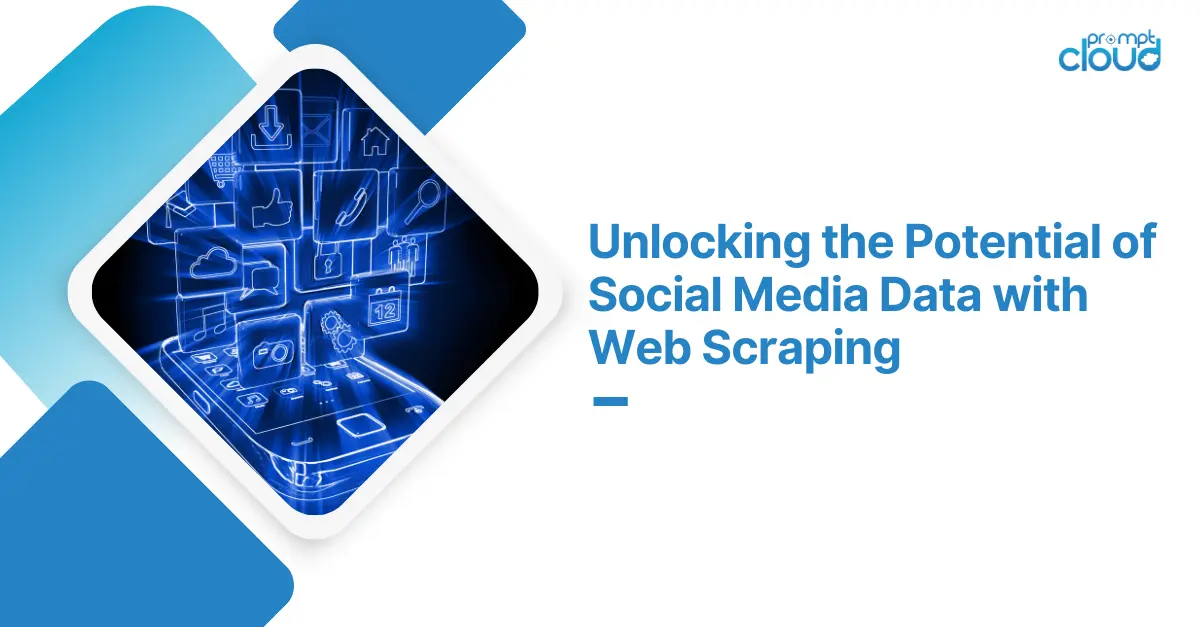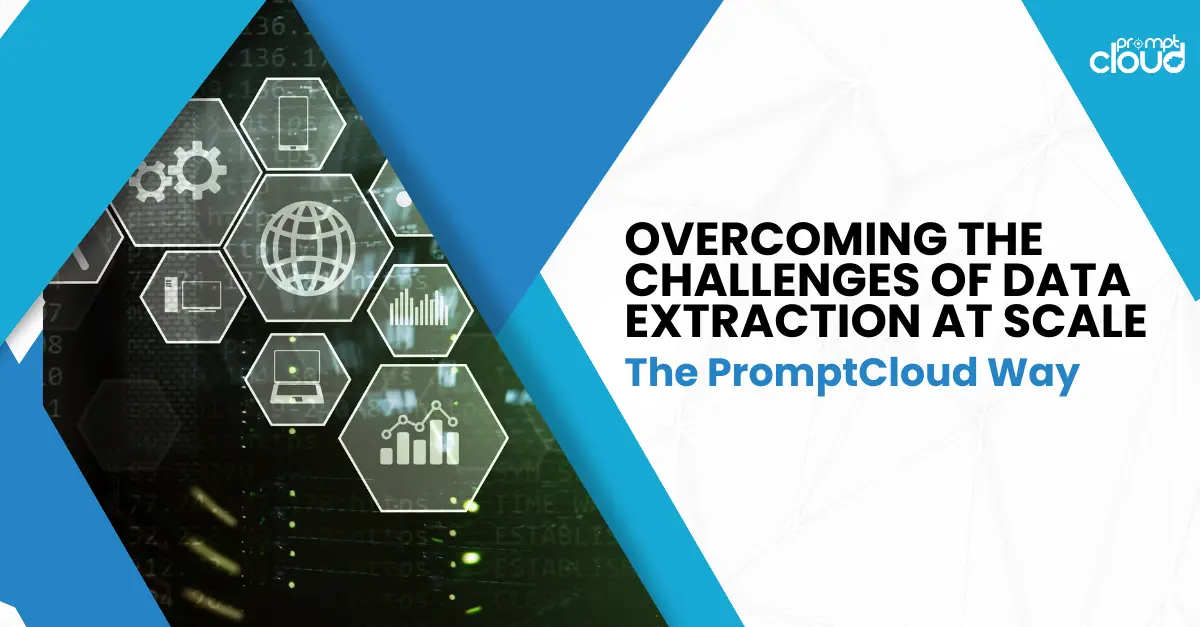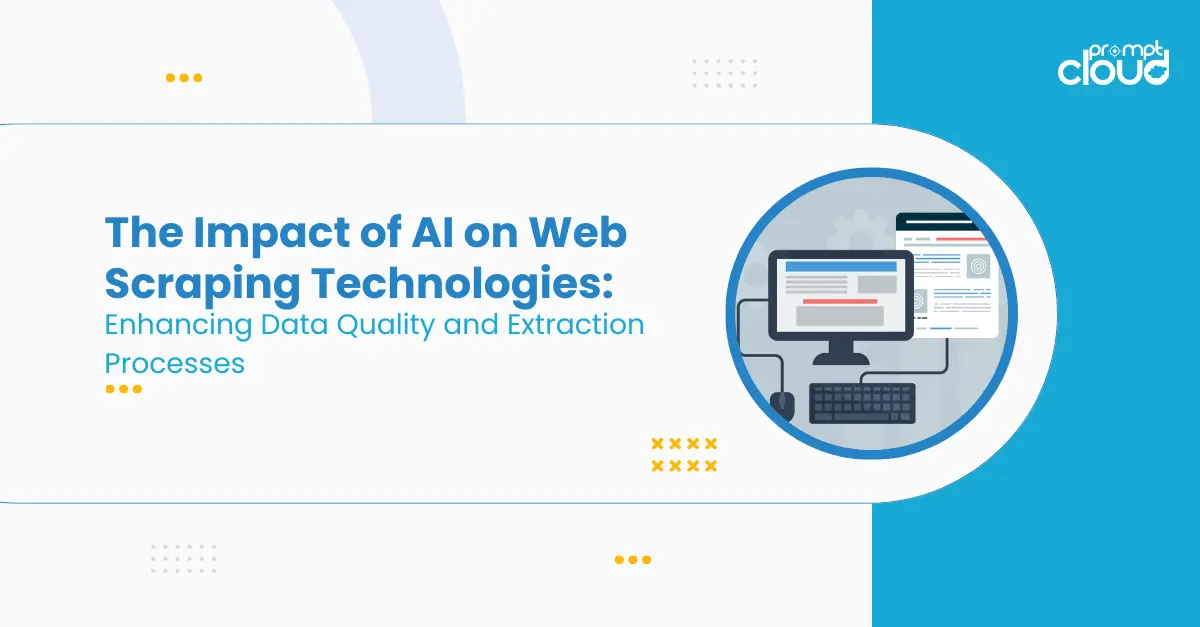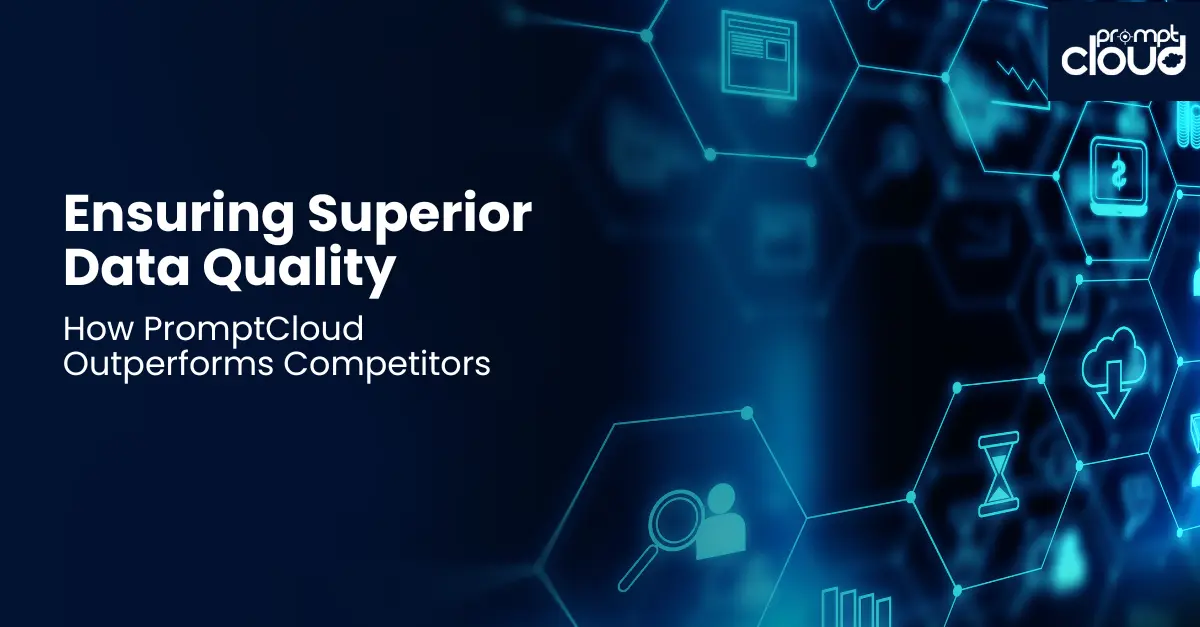
Web scraping, being a relatively newer technological trend that’s helping drive the big data revolution in the business space, still remains an enigma for many. While many people aren’t sure about the ethical and legal implications of crawling web, some aren’t familiar with the nuances of website scraping and depend on unreliable tools to get the task done.
As a fully-managed web scraping service provider, we are familiar with the burning questions in the web crawling and scraping space, especially among the newbies. We decided to compile and answer some of the common web scraping questions that we hear from our prospects and are doing rounds on Q&A sites like Quora.
1. Is web scraping legal?
Web crawling is as legal as viewing a webpage using your browser and is not different in any way as far as the target server is concerned. Most websites on the surface web (the part of web accessible to search engines) allow web crawling and this means you can fetch data from them using an automated crawler. The only thing to make sure is if the site allows bots via the directives in their robots.txt file.
2. Can you use scrape web for lead generation?
Using web scrapers to generate leads is a fruitless activity since the email lists you can build by crawling random websites would be less targeted and highly exploited. Most publicly available emails are either the ones that people don’t check often, are abandoned, and is definitely being spammed by others who are on the same path as you. Although technically possible, scraping web for lead generation is not a recommended practice. You can check out our detailed blog on why scraping emails isn’t worth it.
3. Can you crawl Facebook or LinkedIn?
Facebook and LinkedIn are two highly popular social media channels that many people are interested in getting data from. However, both these sites block automated web crawler via their robots.txt file. LinkedIn in fact get into legal disputes with companies that have scraped data from them, and this have been a hot topic on business and tech media outlets. It would be safe and ethical to not try to crawl these websites.
4. Can you extract data from the entire web?
There is no company or software that can achieve this feat. Even Google, which is the most popular search engine on the planet can only crawl a significantly smaller portion of the web known as the surface web. If you are interested in acquiring data using web scraping, it’s best to first define a set of source websites relevant for you.
5. What is the best tool for web scraping?
Most DIY data scraping tools are made for small use cases of data extraction. Given the non-standardized nature of the web, it is impossible to build a one size fits all web scraping tool. Most DIY tools will give up when it comes to dynamic websites that use complex coding practices.
6. Can you crawl twitter?
Twitter has their own API through which they make tweet data available to the users. It is possible to access this data programmatically and automate the extraction. Data from twitter can be used for a host of use cases like sentiment analyses, brand monitoring and predictive analytics.
7. Can you extract data from multi-lingual sites?
Web crawling and extracting data from a non-English website works just like any other site, apart from the fact that it’ll be difficult to figure out the data fields to be extracted if you aren’t well-versed in the language in question. At PromptCloud, we have so far crawled sites in German, Danish, Norwegian, Chinese, Japanese, Hebrew and Spanish, French and Finnish.
8. What’s the best programming language for web scraping?
The best programming language is essentially the one that you’re already familiar with since you can create a web crawler using most programming languages. You might also be able to find readymade frameworks written in the language of your preference. If you are new to programming, python makes for a great candidate and is especially crawling-friendly.
9. Can you re-publish the content extracted via web crawling?
Republishing content that you own has to be with the consent of whoever owns that content. Although you can crawl and extract text content from websites that allow bots, you have to use this data in a way that does not infringe the copyrights of the publisher.
10. Can you crawl data behind a login page?
You can crawl data behind a login page if you have a functional account on the website in question. After the login, the crawling works exactly similar to that of a normal crawl. However, data available exclusively to the users of a website might come with additional terms of usage and you are bound to follow them as well.
More web scraping questions?
We hope we have answered some of the most popular questions surrounding web scraping and its usage. If you have a question that still remains unanswered, please feel free to drop them in the comments and we’ll try our best to clear it for you.












